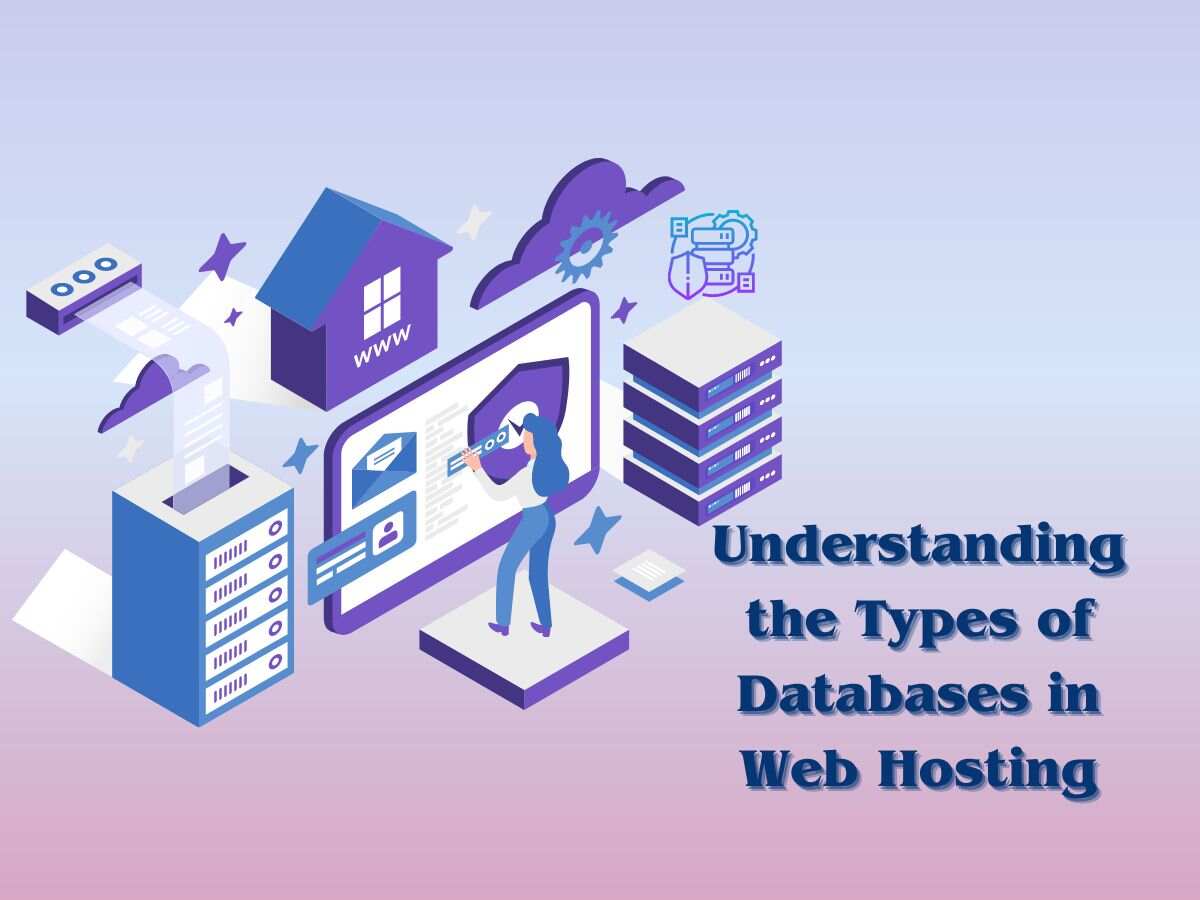
Exploring the Role of SSL Certificates in Web Hosting
In our modern, digital-centric era, the importance of internet security cannot be overstated. Regardless of the website’s size or purpose. Ensuring its security is vital, not just for the site’s owner, but for its visitors as well. One of the critical tools used in securing websites is the SSL certificate. In this blog post, we will delve into the role of SSL certificates in web hosting. Exploring their significance, and how they contribute to your website’s success.
Understanding SSL Certificates
SSL stands for Secure Sockets Layer. A standard security protocol that establishes encrypted communication between a web browser and a server. Ensuring that all data passed between them remain secure and private.
An SSL certificate is a digital document that verifies the identity of a website and its associated server. It’s like a digital passport for a website. When installed on a web server. It enables the HTTPS protocol (over port 443) allowing secure connections from a web server to a browser.
The Role of SSL Certificates in Web Hosting
SSL certificates play a significant role in web hosting in various ways:
1. Data Encryption
One of the defining features of an SSL certificate is that it encrypts. The communication between the user’s browser and the website‘s server. This encryption is crucial because it ensures that sensitive information like credit card numbers, passwords, and personal data remains unreadable to everyone except for the server to which the data is being sent.
2. Authentication and Trust
SSL certificates also authenticate the identity of the websites, assuring users that they are visiting a genuine website and not a fake copy created for malicious purposes. When users see the padlock symbol or the green address bar in their browsers, it signifies that the site is secured with SSL, which helps to build trust and confidence.
3. Improved SEO Rankings
In an effort to make the web safer, Google has made HTTPS a ranking signal. This means websites equipped with SSL certificates can gain SEO benefits and possibly outrank their competitors who have yet to make the switch to HTTPS.
4. Securing Online Transactions
For e-commerce websites or any site that processes online transactions, an SSL certificate is almost non-negotiable. It not only encrypts sensitive information, such as credit card data, but also verifies the integrity of data sent between servers, preventing potential tampering.
5. Compliance with Standards and Regulations
Various standards and regulations, such as the Payment Card Industry Data Security Standard (PCI DSS) for online payment processing, require websites to use SSL certificates to comply with their guidelines.
Getting an SSL Certificate
The process of obtaining an SSL certificate involves selecting a certificate authority, choosing the type of SSL certificate needed (such as standard, wildcard, or extended validation), and then following the necessary steps to install it on your server. Some web hosts offer SSL certificates as part of their hosting packages, either for an additional cost or as part of the overall package.
Conclusion
In the context of web hosting, the role of SSL certificates is vital in ensuring data security, building user trust, enhancing SEO performance, and adhering to necessary compliance standards. As such, incorporating SSL certificates into your web hosting strategy is an essential step towards creating a secure and robust online presence.
Keep in mind that while SSL certificates significantly improve your site’s security, they are part of a larger security strategy that should include regular software updates, strong passwords, secure hosting, and more. It’s the combined efforts of these security measures that provide the highest level of security for your website and its users.







